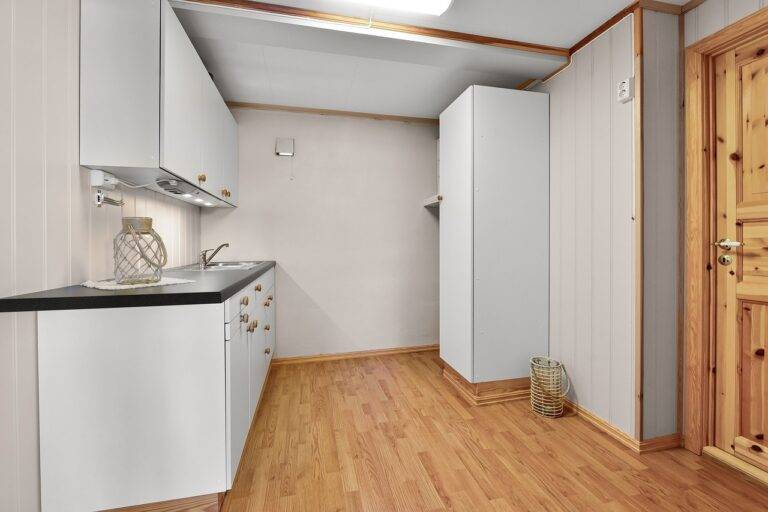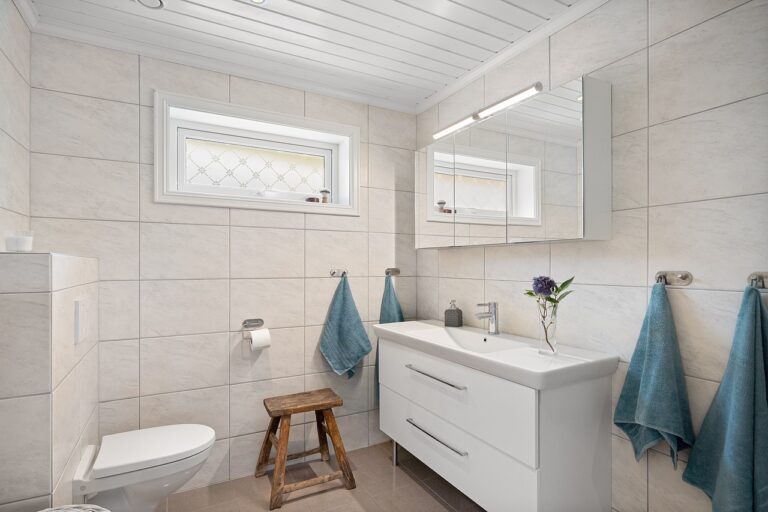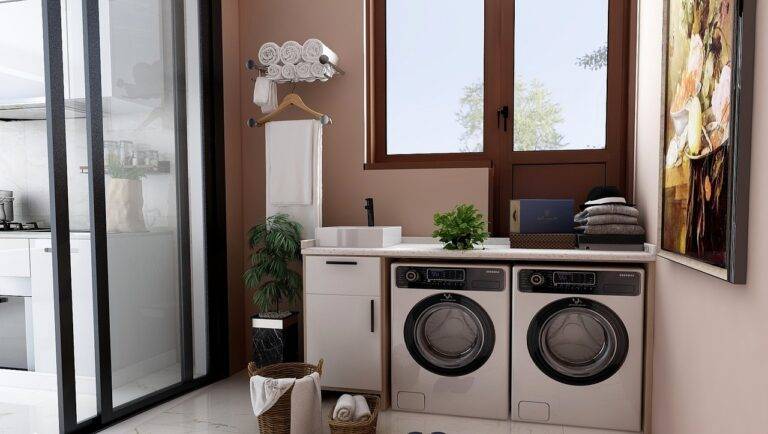The Benefits of Insulated Concrete Forms (ICFs) in Home Construction
Insulated Concrete Forms (ICFs) are becoming the go-to choice for homeowners and builders seeking superior insulation in their structures. By utilizing a system of interlocking foam blocks filled with concrete, ICFs create a continuous layer of insulation that significantly reduces thermal bridging, leading to better energy efficiency and lower utility bills. This innovative construction method ensures that heat is kept inside during the cold winter months, while maintaining a cool interior during the scorching summer heat.
In addition to their excellent thermal performance, ICFs also offer superior air sealing capabilities. The tight integration of the foam blocks prevents air leakage, which is a common source of heat loss in traditional wood-framed structures. With ICFs, drafts and temperature fluctuations are minimized, creating a more comfortable and consistent indoor environment year-round. The high insulation values of ICFs not only contribute to energy savings but also enhance the overall comfort and livability of homes and commercial buildings.
ICFs Improve Energy Efficiency
Insulated Concrete Forms (ICFs) have gained recognition for their remarkable capacity to enhance energy efficiency in buildings. These innovative building materials create a solid thermal envelope, reducing energy consumption by minimizing heat loss and heat gain throughout the seasons. The combination of high thermal resistance and airtight construction in ICFs help maintain stable indoor temperatures, leading to lower heating and cooling costs for homeowners and businesses.
Additionally, the superior insulation properties of ICFs contribute to a more sustainable and eco-friendly approach to construction. By decreasing the reliance on heating and cooling systems, buildings constructed with ICFs have a reduced carbon footprint, making them an environmentally responsible choice for those seeking energy-efficient building solutions. The long-term benefits of improved energy efficiency not only translate into cost savings for the occupants but also support a greener future for the planet.
ICFs Offer Soundproofing Qualities
One of the notable advantages of Insulated Concrete Forms (ICFs) is their excellent soundproofing qualities. The thick layers of concrete sandwiched between layers of insulating foam create a barrier to block out unwanted noise from the surroundings. This feature is especially beneficial for homeowners looking to create a peaceful and quiet living environment within their homes.
Additionally, the solid construction of ICF walls eliminates sound transfer through walls, providing an added level of privacy within the home. Whether it’s reducing the noise from outside traffic, neighbors, or even within the house itself, ICFs offer a soundproofing solution that can significantly enhance the overall comfort and tranquility of a living space.
How do ICFs provide superior insulation compared to traditional building materials?
ICFs are made of insulating foam and concrete, which provide a continuous layer of insulation throughout the entire wall, minimizing thermal bridging and heat loss.
How do ICFs improve energy efficiency in buildings?
By providing excellent insulation, ICFs help buildings maintain a consistent indoor temperature, reducing the need for heating and cooling systems and ultimately lowering energy consumption.
How do ICFs offer soundproofing qualities?
The density of the concrete in ICFs acts as a barrier to sound transmission, effectively reducing noise from outside sources and creating a quieter indoor environment.







